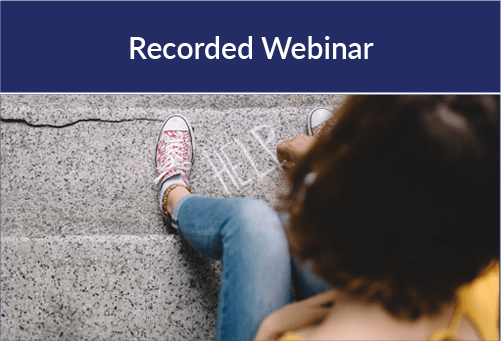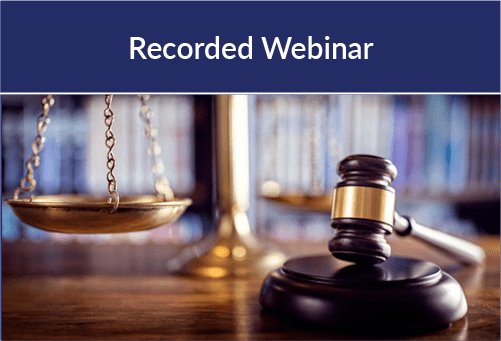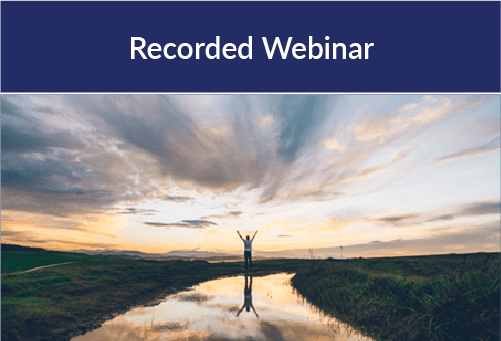


It’s 10 pm, do you know where your children are? Do you know what your child’s online and off-line activities are? Dana Miller shares three critical questions for parents to ask their kids about their tech use.

Learn the signs of neglect, physical and sexual child abuse in an effort to gain a better understanding of how to identify victims. KNOW & TELL is a public responsibility movement, to educate all adults to KNOW the signs of abuse and TELL responsible authorities when they recognize them. Awareness of these signs is a critical step to protecting our children and helping to educate others. We all have a responsibility to protect children.

Child interviewers’ range in experience from seasoned veterans to brand new interviewers. Along with peer review, it is critical that more experienced interviewers transfer knowledge to assist newer interviewers entering the field. During the webinar, new and less experienced interviewers will gain practical knowledge on topics ranging from child interviews to navigating a challenging profession, while experienced interviewers will learn more about guiding their newer peers.

(THIS COURSE IS FOR CERTIFIED HEALTHCARE PROVIDERS ONLY) Learn the signs of neglect, physical, and sexual child abuse to identify a child victim and understand your responsibility as a healthcare professional and mandated reporter. Awareness of these signs is a critical step to protecting our children. We all have a responsibility to protect children. KNOW & TELL® is a public responsibility movement to educate all New Hampshire adults to KNOW the signs of abuse and TELL responsible authorities when they recognize them. Individuals living outside of the State of New Hampshire are welcome to participate in this training but should inquire with their own state as to reporting procedures and requirements.

Are you responsible for monitoring or supervising sex offenders within your community? Have you reviewed current data or trends related to sex offenders and offending behaviors? Chris Lobanov-Rostovsky shares three critical things that law enforcement personnel should know about sex offenders.

Unfortunately, we can fall short of keeping our child exploitation investigations victim-centered, even while recovering and identifying victims. Join us for this webinar to learn how to maintain victim-centered investigations, beginning with the identification of victims, all the way through the victim interview. Information will be presented through lecture, case examples, and question and answer.

Join us to gain an overview of the corrections systems and how to address common misconceptions. Each 60 minute session features a brief overview presentation followed by an opportunity to engage in an in-depth facilitated discussion and question and answer (Q&A) session with subject matter experts, practitioners in the field, and other attendees. Your participation is encouraged and additional questions will be taken during this live session. Prior to the session, we will gather feedback from you about what you would like to learn about the topic from the experts

As the Internet of Things (IoT) becomes ubiquitous in our everyday lives there are privacy and security concerns that citizens should be aware of. This training will provide an overview of IoT and will teach law enforcement officials methods to engage with their communities to provide information about IoT privacy and security. Steps that community members can take to be safer with these devices, and effective teaching strategies regarding prevention will be covered.

Gather best practices for developing a comprehensive table of contents, tracking changes and amendments to policies, visual aids and charts, and other documentation. Reduce legal liability by learning about disclaimers, avoiding discriminatory language , and verifying content. Explore the process to introduce and implement formal policies, orient staff, and educate the community to prevent resistance and gain acceptance of implementation. Prepare for future changes and evaluation.

The crucial role of law enforcement in preparing for the use of evidence by forensic interviewers during a forensic interview will be examined. Good preparation is essential to make the process go smoothly and maximizes positive outcomes for both the victim and the investigation.
